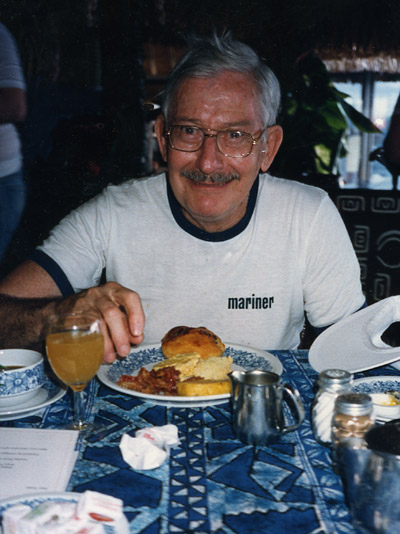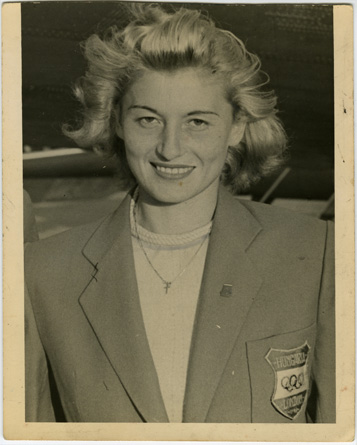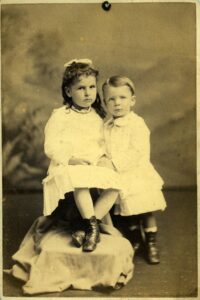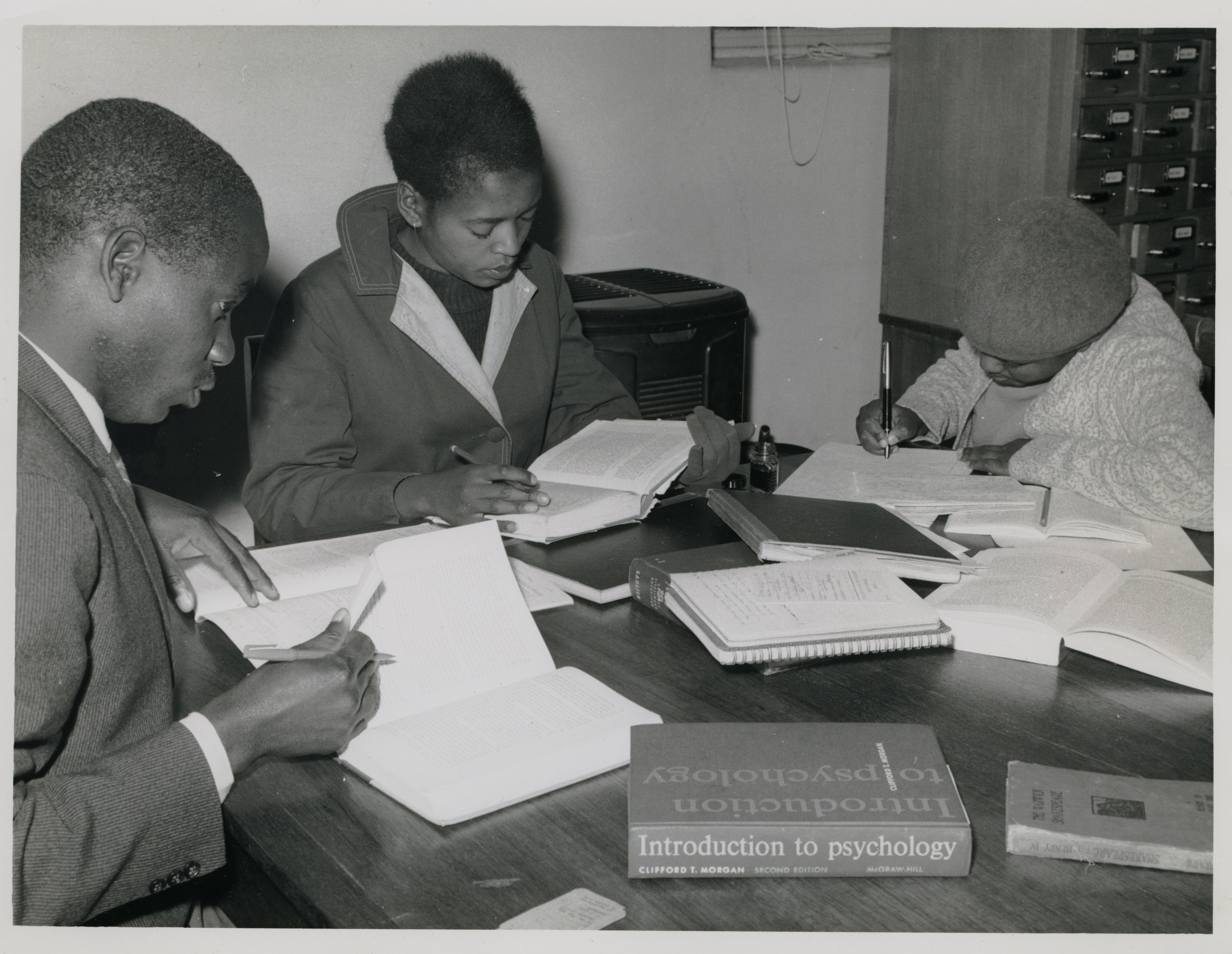Anke Feuchtenberger Art Collection
Born in 1963, Feuchtenberger was raised in East Berlin, where she trained as a graphic artist at the Kunsthochschule Berlin-Weissensee. Shortly before the fall of the Berlin Wall, motivated by the East German citizens’ movement, she co-founded the political artists’ collective PGH Gluhende Zukunft—a group that ironically called itself the “Glowing Future Productive Collective.” In her comics, theater and political posters, and other works, Feuchtenberger blends different artistic traditions, including German Expressionism. Her work frequently reflects her feminist activism by focusing on the relationship between women and their children and society. Since 1997, she has taught drawing and media illustration at the Academy of Applied Sciences in Hamburg, Germany.
The works included in this collection were part of the first major solo exhibition of Feuchtenberger in the U.S. curated by UMass MFA student Bibiana Medkova and on display at the Olver Design Building in 2018. The collection itself was donated by German Filmmaker Jörg Foth. Both Foth and Feuchtenberger were active in the art scene at the time of German reunification and their work occasionally overlapped. For example, Feuchtenberger created film posters as well as art for the opening titles, closing credits, and intertitles for Foth’s 1994 film, Tir na nOg. The works in this collection reflect Feuchtenberger’s printing oeuvre for theaters, plays, and films during the 1990-2000s with a focus on works in color, and including a selection of black and white drawings and political artwork of the post-Berlin-Wall pre-unified Germany era.





